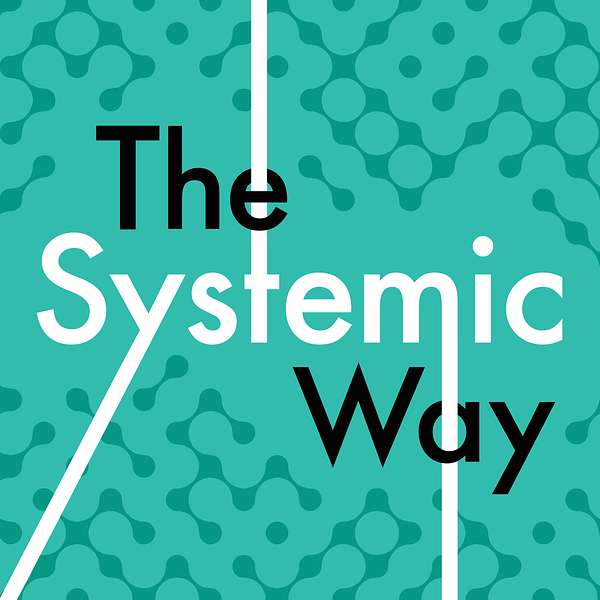
The Systemic Way
This podcast gives the listener an opportunity to hear conversations with people from the field of systemic psychotherapy. Host Sezer and Julie, two systemic and family psychotherapists, discuss a wide range of topics, theories, practices and experiences with their guests, giving the listener an insight into this disciplines contribution to social change.
Artwork by Arai Drake Creative: http://www.araidrake.com/portfolio/thesystemicway/Music by Rena Paid
We are now being supported by the Association of Family Therapy (AFT).
The Systemic Way
The Wisdom of "Not Knowing" - Collaborative Dialogical Practice and Embracing Curiosity With Dr Harlene Anderson
Join us for an inspiring and thought-provoking interview with Dr. Harlene Anderson, a trailblazer in systemic psychotherapy and co-founder of the Collaborative-Dialogical Approach. In this deep dive, we explore her revolutionary ideas—from challenging traditional therapy hierarchies to redefining power, knowledge, and the role of language in healing.
We’ll unpack:
- The origins of her work—What drew her to the Mental Research Institute (MRI) and constructivist ideas? Who were her early influences?
- The birth of the Collaborative-Dialogical Approach—How did she and Harry Goolishian shift therapy from "expert diagnosis" to conversational meaning-making?
- The myth of "not-knowing*—How has this controversial (and often misunderstood) concept evolved? Is it a political stance, a therapeutic tool, or both?
- Power, reflexivity, and ethics—Can therapists truly "not know"? How do we balance lived experience with professional knowledge without reinforcing oppressive dynamics?
- Real-world applications**—How do these ideas translate beyond therapy into education, organisations, and social justice?
Plus, we include listener questions which tackle the tough critiques: Is "not-knowing" still misused today? Does it risk ignoring systemic power? And how do therapists ethically choose which discourses to engage?
This is a conversation about unlearning, curiosity, and the transformative power of dialogue—one that challenges therapists and listeners alike to rethink how we engage with each other’s stories.